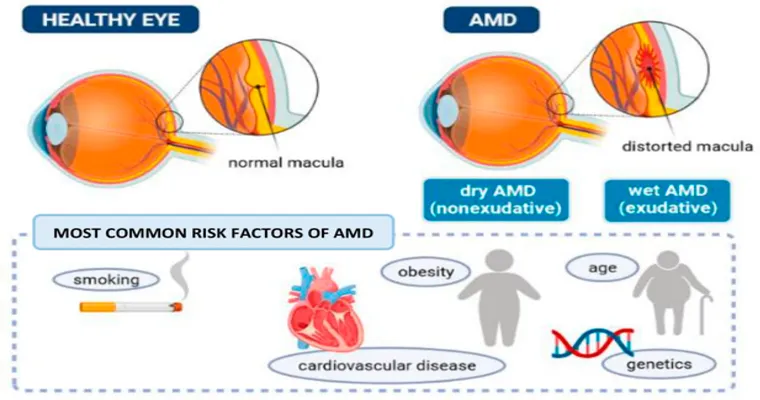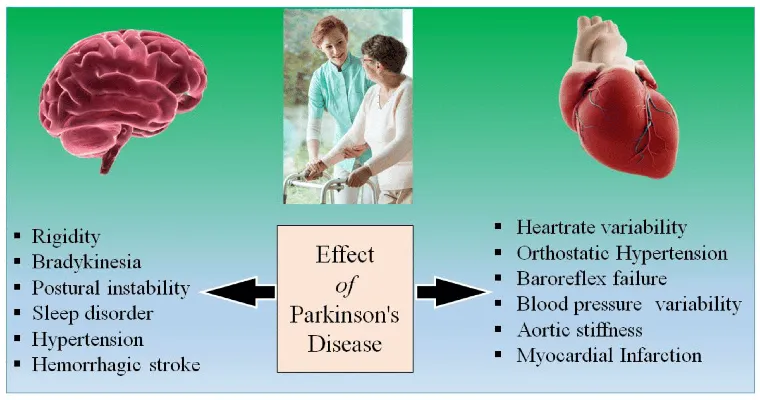As our loved ones age, it is not uncommon to face health challenges, particularly with conditions like "macular degeneration". If your mother is 91 and has been living with this eye condition relatively stably for years but is experiencing changes, it can be concerning. Knowing how to respond can help you support her effectively. Here are some steps to consider when managing her condition and ensuring her quality of life remains high.
Understand Macular Degeneration
"Macular degeneration" primarily affects the central part of the retina, known as the macula, leading to difficulties with central vision. While it is more common in older adults, the progression can vary. It is important to recognize if there are new symptoms or changes in her vision, such as blurriness, dark spots, or distortion. Keeping a detailed record of these changes can be beneficial for healthcare providers.
Schedule an Eye Examination
If your mother’s condition has changed, the first step is to schedule a comprehensive eye examination with an ophthalmologist. A professional can assess the severity of the "macular degeneration" and determine if any new treatments or adjustments in her care plan are necessary. Early detection of any worsening can significantly impact her overall vision management.
Explore Treatment Options
Depending on the examination results, there may be various treatment options available. These can include:
"Anti-VEGF injections": These can help slow the progression of wet macular degeneration.
"Photodynamic therapy": A treatment that uses light-sensitive medication to target abnormal blood vessels in the eye.
"Nutritional supplements": Certain vitamins and minerals may support eye health and slow degeneration.
Discussing these options with her eye care specialist will provide clarity on what might be appropriate for her specific situation.
Consider Lifestyle Adjustments
While medical treatments are crucial, lifestyle changes can also play a significant role in managing "macular degeneration". Encourage your mother to adopt habits such as:
Eating a balanced diet rich in leafy greens and fish, which are known to benefit eye health.
Quitting smoking, which can exacerbate vision problems.
Engaging in regular physical activity to improve overall well-being.
Utilize Vision Aids and Technology
As your mother’s vision changes, utilizing assistive devices can significantly enhance her quality of life. Consider investing in:
Magnifying glasses or electronic magnifiers to help with reading.
Screen readers or text-to-speech software for digital devices.
Smart home technology that can be voice-activated, reducing the need for reading small print.
Provide Emotional Support
Dealing with "macular degeneration" can be emotionally challenging. Your mother may experience feelings of frustration or sadness as her vision changes. Providing emotional support is essential. Encourage open conversations about her feelings and fears. Reassuring her that she is not alone in this journey can make a significant difference.
Stay Informed and Involved
Staying informed about "macular degeneration" and its progression can empower you and your mother. Attend appointments with her, ask questions, and actively participate in discussions about her care. Being involved will not only help you understand her needs better but also strengthen your bond during this challenging time.
Conclusion
When dealing with a loved one who has "macular degeneration", especially at an advanced age like 91, it is vital to be proactive and informed. By understanding the condition, seeking timely medical advice, exploring treatment options, and providing emotional and practical support, you can help your mother navigate this new phase of her health journey with dignity and comfort. Remember, you are not alone in this; there are resources and communities available to support both you and your mother.





